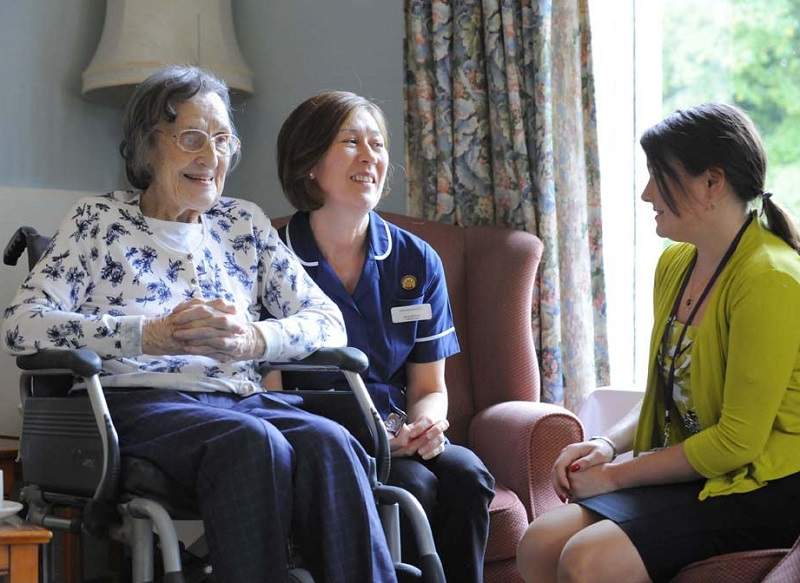
NHS England announced on Friday that it plans to recruit hundreds of pharmacists to work in residential homes to help reduce overmedication.
With a record numbers of prescriptions given out by the NHS in 2017, overmedication in care homes may be causing unnecessary hospital stays.

Discover B2B Marketing That Performs
Combine business intelligence and editorial excellence to reach engaged professionals across 36 leading media platforms.
On average, a care home resident is prescribed seven daily medicines, with around 10% of people aged 75 and over prescribed ten or more medicines. Studies suggest up to one in 12 of all hospital admissions are medicines-related, with two thirds of these being preventable.
In the £20m scheme, around 180,000 people in nursing and residential homes will have their prescriptions and medicines reviewed.
NHS England will fund 240 pharmacists and pharmacy technicians over two years to ensure people are prescribed the right medicines, at the right time and in the right way. The reviews will be conducted in coordination with GPs and practice-based clinical pharmacists.
Chief executive of NHS England Simon Stevens said: “There’s increasing evidence that our parents and their friends–a whole generation of people in their 70s, 80s and 90s–are being overmedicated in care homes, with bad results. Let’s face it, the policy of ‘a pill for every ill’ is often causing frail older people more health problems than it’s solving. So expert pharmacists are now going to offer practical NHS support and medicines reviews in care homes across England.”

US Tariffs are shifting - will you react or anticipate?
Don’t let policy changes catch you off guard. Stay proactive with real-time data and expert analysis.
By GlobalDataIn a trial in East and North Hertfordshire applied across 37 care home, pharmacists reviewing medicines led to savings in unnecessary prescribing costs of £249 per patient in one year.
In another pilot involving six care homes, emergency hospital admissions fell by 21% and drug cost savings of £125-305 per resident were recorded.
Chair of the Royal Pharmaceutical Society’s English board Sandra Gidley said: “Many pharmacists already play a vital role in care homes, including through supporting other staff as part of a multi-disciplinary team, and we know that our members will welcome the opportunity to get more involved in providing direct patient care.
“In order to make the most out of this chance to improve health outcomes, commissioners can also better co-ordinate and integrate patient care by drawing on the expertise and knowledge of pharmacists wherever they are based.”




